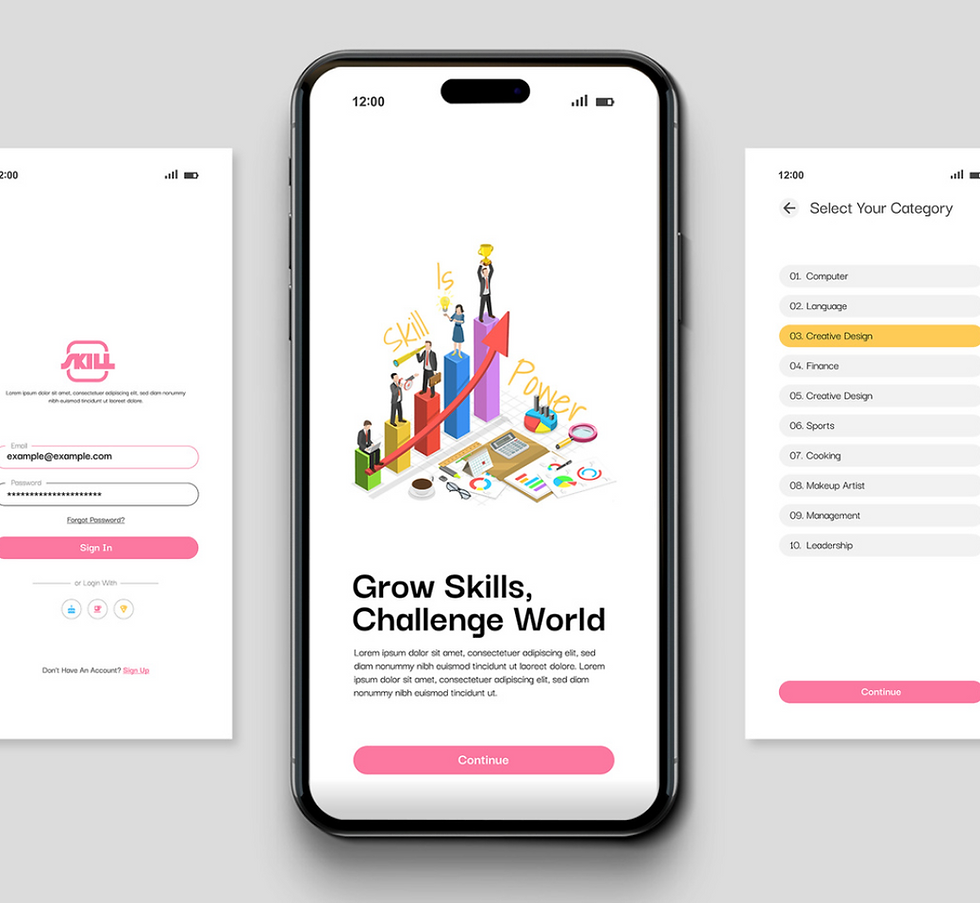What Should Be on Your Business Event Checklist?
- eventslabsydney

- Jan 12, 2025
- 3 min read
Organising a successful business event requires careful planning and attention to detail. Whether it’s a networking function, a product launch, or a workshop, having a comprehensive checklist can alleviate the stress that comes with planning and executing an event. Here’s a detailed checklist to ensure that your next event runs smoothly and leaves a lasting impression.
Define Your Goals and Objectives
Before diving into logistics, it’s crucial to outline the goals and objectives of your event. Ask yourself:
What do I want to achieve?
Who is my target audience?
What message do I want to convey?
These questions will guide your planning process and help tailor every aspect of the event to meet your specific needs.
Budget Planning
Creating a budget is an essential step in event planning. Break down all potential expenses, including venue, catering, entertainment, and marketing. Consider the following:
Venue Rental
Catering Services
Equipment Rentals (audio/visual)
Decorations
Marketing and Promotion
Graphic and Digital Design
Don't forget to include a contingency fund for any unexpected costs. A well-planned budget ensures that you stay financially on track throughout the planning process.

Select a Date and Venue
Choosing the right date and venue can significantly influence your event’s success. Consider the following when making your selection:
Availability: Check if your desired venue is available on your selected date.
Location: Ensure that the venue is accessible for your target audience.
Capacity: The venue should comfortably accommodate your expected number of attendees.
Facilities: Check for necessary facilities, including restrooms, parking, and accessibility options.
Staffing Requirements
Determine how many staff members you will need to ensure the event runs smoothly. Staffing considerations include:
Event Coordinators: For overall management.
Registration Assistants: To welcome and check-in attendees.
Technical Support: To manage any AV equipment.
Catering Staff: If applicable.
Graphic Designer: For overall theme design and visual materials.
Assign specific roles and clearly communicate responsibilities to each staff member to eliminate confusion on the event day.
Event Promotion
Promoting your event is key to attracting attendees. Use various channels to reach your target audience:
Email Marketing: Send invitations to potential guests, partners, and stakeholders.
Flyers and Posters: Distribute physical materials in strategic locations.
Networking: Utilise word-of-mouth through your professional network.
Monitor registration progress and actively engage with potential attendees through updates and reminders.

Plan the Program
The event's agenda should align with your goals. Here are some elements to consider:
Speaker Lineup: If hosting speakers, ensure they are confirmed and briefed about their topics.
Session Timing: Determine how long each segment will last, including breaks.
Activities: Plan any networking activities or interactive sessions to engage attendees.
Distribute the agenda ahead of time to give attendees a clear idea of what to expect during the event.
Equipment and Supplies
To ensure a smooth experience, ascertain that all required equipment and supplies are in place. This may include:
Audio/Visual Equipment: Check for microphones, projectors, and screens.
Seating Arrangements: Ensure efficient seating that supports the agenda.
Signage: Provide clear directional signs and program guides.
Verify that all equipment is functional and accessible before the event starts to avoid last-minute issues.

Post-Event Follow-Up
After the event concludes, follow-up actions are just as important as the preparations. Consider the following:
Thank You Notes: Send appreciation messages to speakers, sponsors, and attendees.
Surveys: Collect feedback to analyze the event's effectiveness and identify areas for improvement.
Social Media Recap: Share highlights and photos to generate continued interest.
Leveraging post-event feedback and interactions can strengthen future relationships and improve subsequent events.
Conclusion
A well-structured business event checklist can streamline your planning process and ensure that you cover all essential aspects. From defining goals to post-event follow-ups, each step is crucial in creating an engaging and memorable experience for your attendees.
By utilising this checklist, you will be better equipped to organise your event confidently and efficiently. Remember, the key to a successful event lies in careful preparation, open communication, and adaptability to make necessary adjustments along the way. Happy planning!




RTP dari slot maxwin udah paling mantap! agen slot hebat ash88